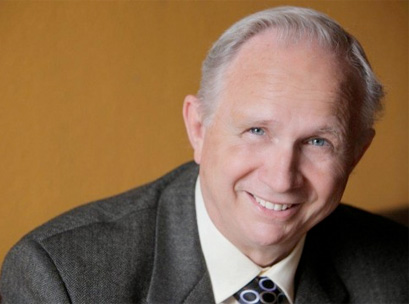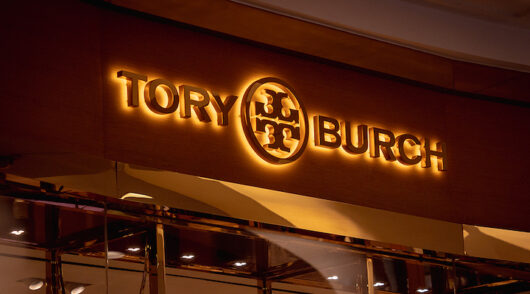When it comes to price, “shoppers don’t know diddly-squat about what they paid”. So said US shopper marketing guru, Herb Sorensen (pictured), during a series of events for retailers last week, set up by IdeaWorks and TNS (the world’s leading shopper research agency).
He should know. Over four decades, Sorensen and his associates have analysed millions of hours of shopping to understand what it is that makes shoppers really tick.
So if customers don’t even recall what an item cost, why are we all constantly employing the tactic of price off? Good question, quipped Sorensen in his folksy but straightforward style. “I’m against discounting… you never recover the money you lose in a promotion.”
Sorensen’s business bestseller, In the Mind of the Shopper, proves the premise. The book highlights a 1997 study of 300 randomly chosen shoppers in four US chains which found that customers were unaware that 51 per cent of the items they had bought were on sale.
And of the 49 per cent who were cognisant of specific promotions, 40 per cent would have purchased anyway.
Apart from giving away margin unnecessarily, price promotion can have a detrimental effect on image.
“Never forget that price does two things – it conveys what an item costs… and what it’s worth.” With perceived value in mind, Sorensen often advocates increasing prices to get a result. “I’ve got data going back 30 years that shows if you raise the price, you’ll sell more.”
Sorensen is big on understanding (and leveraging) the real needs of shoppers, rather than just responding to what they say (or we assume) they want. Customers don’t necessarily need the lowest possible price – a cheap price can signal lower quality or just be ignored.
And they certainly don’t need the widest range – in fact, too much choice can confuse shoppers. “Choice absorbs time,” observed Sorensen. “(Retailers must) focus on the few items that customers actually want to buy” in the 25 per cent of the store they mostly use.
Expanding on the argument, truly great retailers “define (their entire) business by the needs of the people who come through the door,” according to Sorensen. And that means providing for basic needs too.
In his opinion, “every retailer in the world should offer their guests something to drink and perhaps something to eat… it’s at the first level in Maslow’s hierarchy of needs”.
Herb Sorensen is a scientist (a bio-chemist by trade) and the store is his laboratory. There are good lessons in Sorensen’s experiments for all retailers and marketers.
Time to cast aside assumptions about what our shoppers want, and get to work on uncovering what they really need.
* Jon Bird is CEO of specialist retail marketing agency IdeaWorks (www.ideaworks.com.au). Email: jon.bird@ideaworks.com.au Blog: www.newretailblog.com Twitter: @thetweetailer






